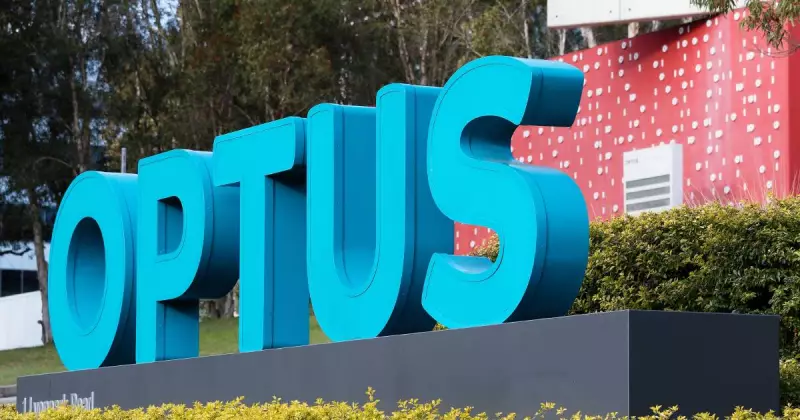
While Optus faces intense scrutiny over its catastrophic triple zero network failure that left Australians vulnerable during emergencies, the telecommunications giant is poised to receive an unexpected financial windfall that could reach billions of dollars.
The Senate's Damning Verdict
During intense Senate hearings last week, Optus faced accusations of pure incompetence in network oversight and unnecessary delays in informing government authorities about the severity of the September 18 outage. Parliamentarians delivered a scathing assessment of the carrier's failures in what has become one of Australia's most significant telecommunications crises.
The deadly September incident prompted widespread calls for accountability, including demands for the CEO's resignation, substantial financial penalties, executive prosecutions, and even a review of Optus's operating license. Yet despite these calls for consequences, Optus may soon benefit from a controversial government decision on valuable spectrum licenses.
The Spectrum Windfall Controversy
At the heart of the issue lies the impending expiration of 69 spectrum licenses across seven bands between 2028 and 2032, with 48 currently held by Australia's three major mobile network operators: Optus, Telstra, and TPG.
Spectrum represents a critical public resource essential for commercial, government, military, and emergency communications. Everything from mobile phones to submarines depends on properly managed spectrum allocation.
The Australian Communications and Media Authority (ACMA) has proposed renewing these expiring mobile spectrum licenses without a competitive auction process, a decision that could forfeit between $2 billion and $3.2 billion in public revenue over coming years according to the regulator's own estimates.
Expert Warnings and Political Reactions
Professor Allan Fels, former head of the Australian Competition and Consumer Commission, has labeled ACMA's approach a disaster for the country and joined growing calls to abandon the current plan.
Professor Richard Holden from the UNSW Business School has questioned ACMA's international benchmark analysis suggesting spectrum values have plummeted. He argues that at minimum, conditions should be placed on spectrum licenses to ensure consumer benefits through cheaper prices and targeted infrastructure investment.
Opposition communications spokeswoman Melissa McIntosh has demanded the government immediately review the auction decision, expressing concerns that taxpayers and consumers will bear the cost of this approach.
The situation creates a bewildering disconnect where the government, despite its strong criticism of Optus's triple zero failures, appears content to proceed with a spectrum allocation approach that directly benefits the telco's bottom line.
The Broader Implications
Beyond the immediate financial impact, experts warn that renewing licenses without competitive auctions would reduce telecommunications competition and hinder new technology adoption, potentially leading to higher prices for Australian consumers.
Professor Holden argues that by granting renewed access without market testing, ACMA risks entrenching incumbent dominance and limiting opportunities for new market entrants while failing to secure fair value for a critical public resource.
Communications have become increasingly essential for Australian life, sometimes representing matters of life and death as demonstrated by the recent Optus triple zero crisis. The current approach to spectrum management represents a missed opportunity to hold major telcos accountable while ensuring Australians receive the reliable, affordable services they need and deserve.





